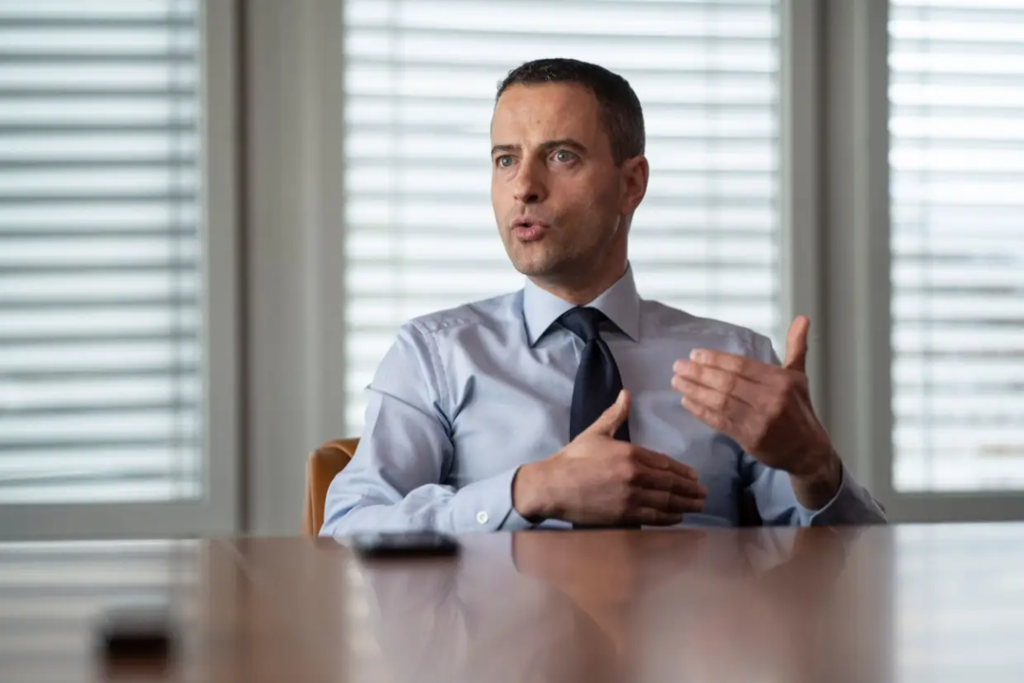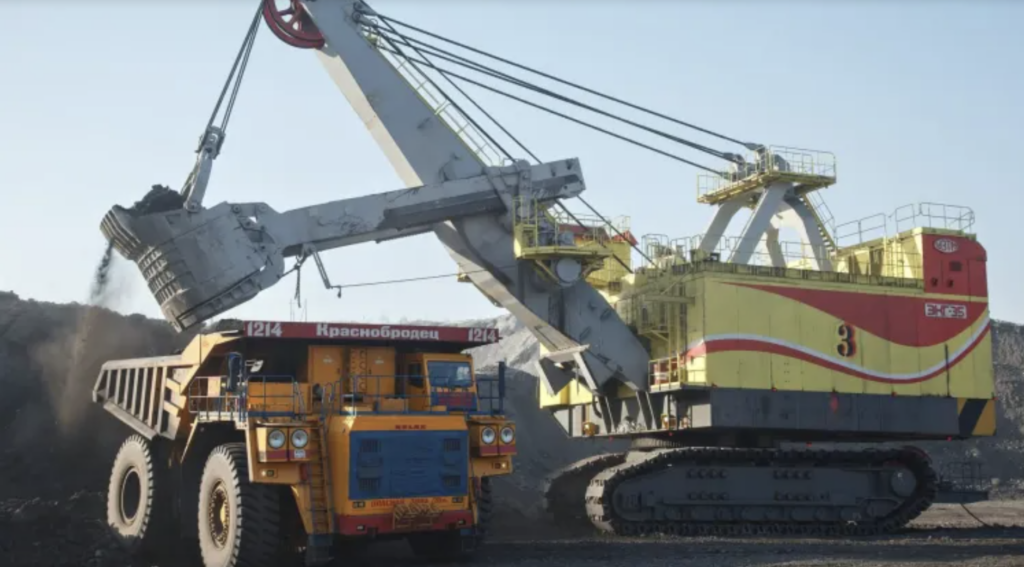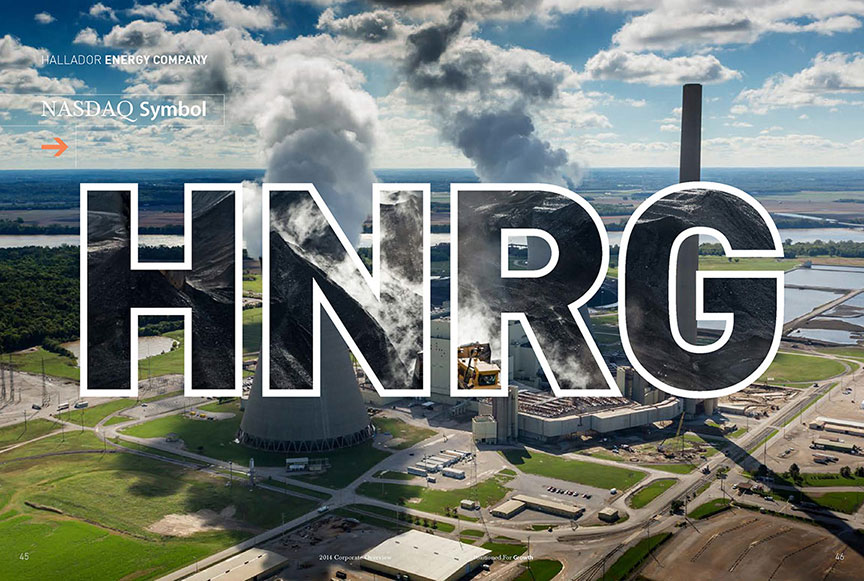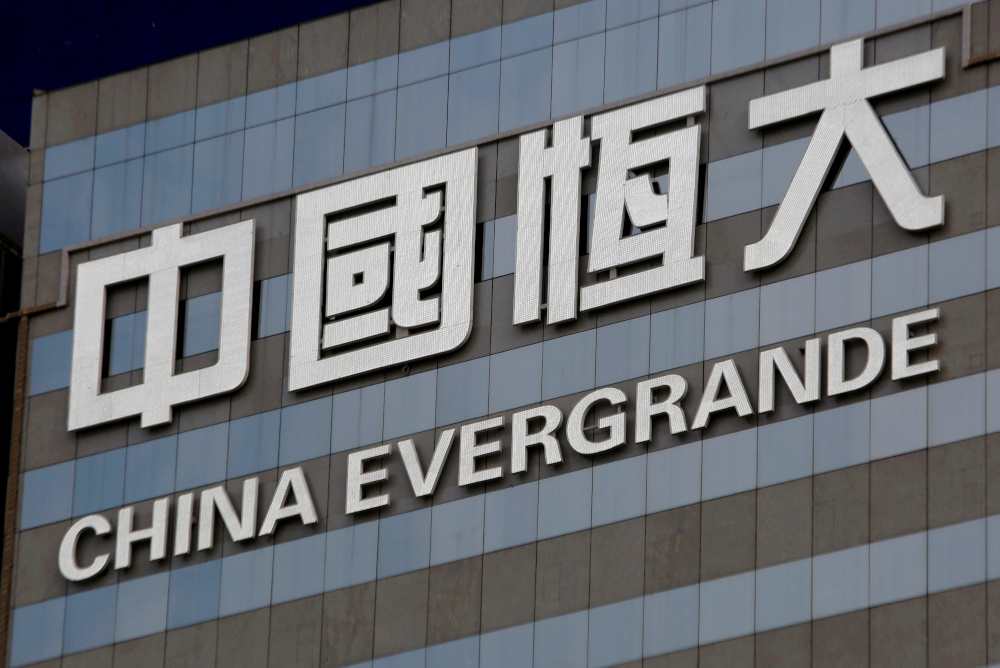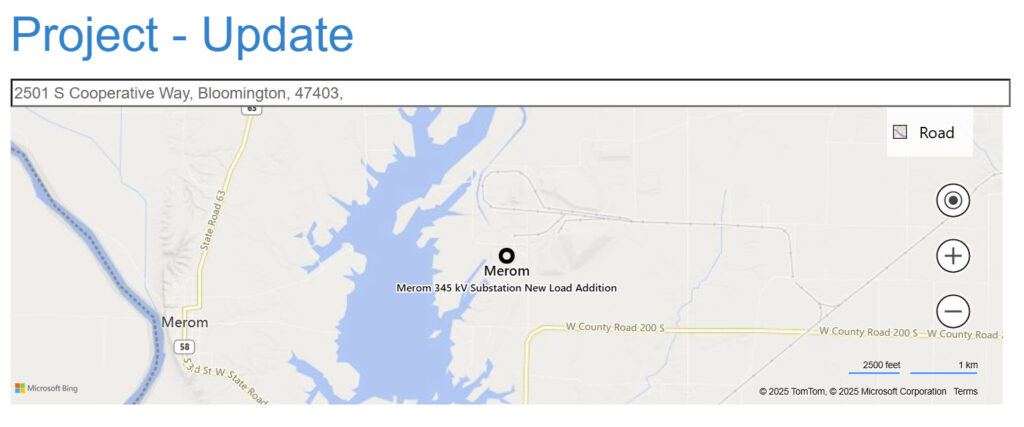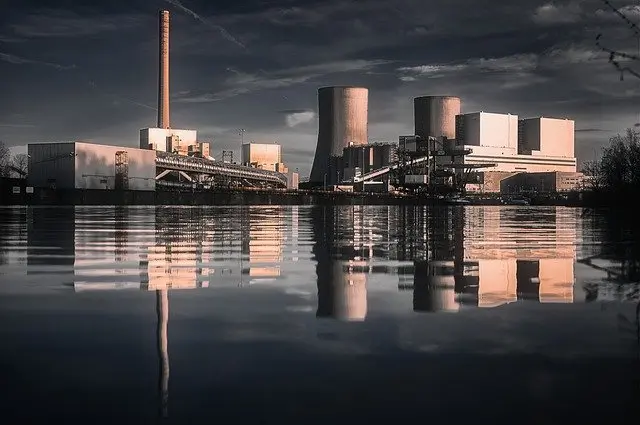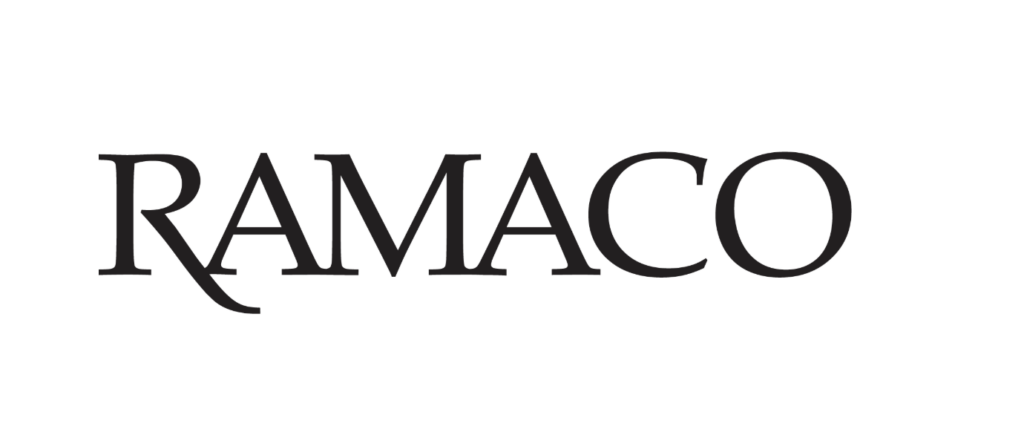Australia’s biggest thermal coal producer, Glencore, has withdrawn a promise to keep annual coal production below 150 million tonnes, backpedalling from a climate pledge it made five years ago.
Glencore declared a coal production cap in February 2019 as part of a strategy to “run down” its mines into retirement rather than sell them under then chief executive Ivan Glasenberg. Glencore produced 140 million tonnes of coal in 2019 and production has been well below the cap since, with the miner producing between 103 million and 113 million in the subsequent four years. But Glencore’s coal division is set to grow sharply this year, when it is expected to close a $US6.93 billion ($10.5 billion) deal to acquire the coking coal division of Canada’s Teck Resources.
Teck is expected to produce close to 26 million tonnes of coal in 2024, while Glencore has told investors it will produce up to 115 million tonnes, excluding Teck’s volumes.
If Glencore can finalise the Teck acquisition, the combined coal production could soon return to about 140 million tonnes per year, although Glencore CEO Gary Nagle has stated a preference for spinning-out the coal division within two years of sealing the Teck deal.
In an update to its “climate action transition plan” this week, Glencore said the coal production cap was no longer needed given the company had reduced thermal coal production and was not building new greenfield thermal coal mines.
“We considered the usefulness of also maintaining the coal production cap that was introduced in 2019,” said the miner. “We determined that this previously stated coal production cap may now only serve to cause confusion. We have therefore decided to remove the coal production cap, anticipating that our production of thermal coal should continue to decrease over time.”
Coal beyond 2040
Glencore said its phase out of coal would not be linear and while the net zero scenarios published by the Intergovernmental Panel on Climate Change and the International Energy Agency were considered, they were not “determinative” of Glencore’s strategy.
“If the global adoption of clean energy technologies and carbon capture technologies do not sufficiently advance, we see a role for unabated thermal coal for electricity generation beyond 2040,” said Glencore in this week’s update.
The move comes one week after Sydney investor Tribeca launched an activist campaign which urged Glencore to keep its coal division rather than demerge it. Glencore is expected to give shareholders a vote on the coal spin-off.
More than 29 per cent of Glencore shareholders voted in favour of a rebel resolution at last year’s annual meeting, which sought to curb the miner’s thermal coal production.
The abandoning of the cap advances a trend where many companies and governments have watered down their climate pledges.
United Kingdom Prime Minister Rishi Sunak last year delayed the phase out of petrol-powered cars and carbon-intensive home heating by five years, while UK Labour this year backed away from a green spending pledge. The phase-out of carbon-intensive cars in the US was slowed this week, when the Biden administration said 56 per cent of cars sold in 2032 needed to be electric; a weaker target than the initial 60 per cent by 2030.
BP and Shell have moderated promises to cut oil production, while Saudi Aramco chief Amin Nasser was quoted this week as saying: “We should abandon the fantasy of phasing out oil and gas, and instead invest in them adequately.”
Meanwhile, a veteran of the Australian coal industry will depart the Glencore boardroom after director Peter Coates was announced as standing down at the company’s annual meeting in May. Mr Coates previously ran Glencore’s Australian coal assets while they were owned by Xstrata and was also a director of gas producer Santos.
Source: AFR

